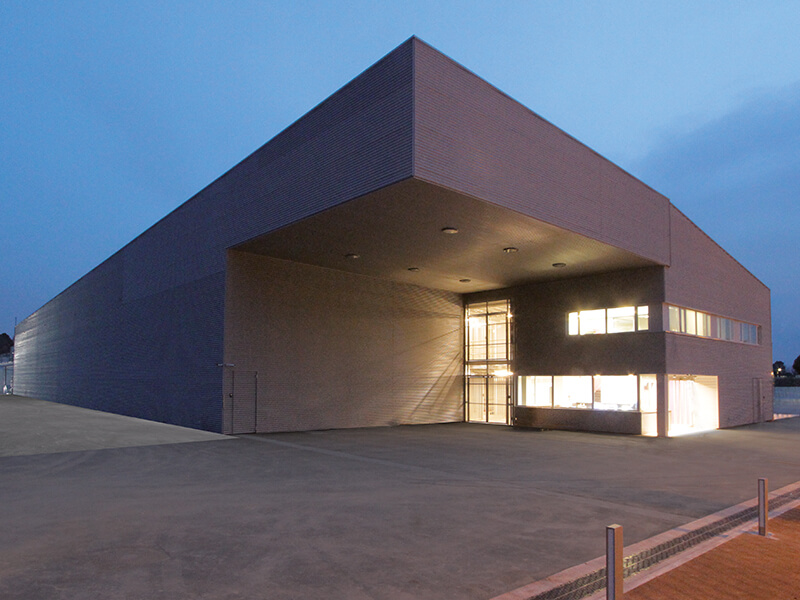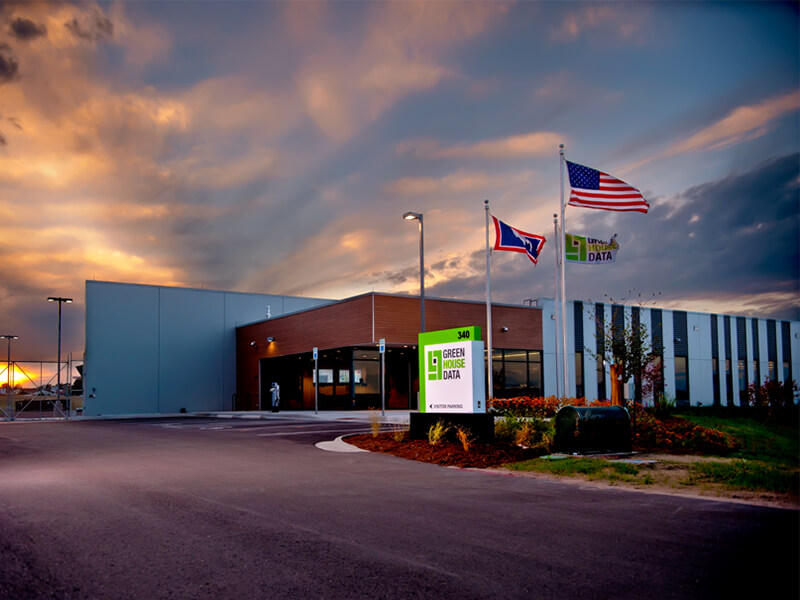A global IT services and consulting company founded in 2000 as a subsidiary of Deutsche Telekom, T-Systems is one of the largest European IT service companies with global delivery capabilities.
Following its strategic vision to provide cloud services, T-Systems’ need for data center expansion became paramount. To fulfil the company's expectations and meet their clients’ business cases, a combination of requirements needed to be achieved for availability, reliability, security, scalability, transparency, efficiency and sustainability - plus a rapid deployment. Expanding or building a traditional data center in a short timeframe can be a great challenge which requires significant resources. After a thorough analysis, a modular, containerized construction proved to be the ideal option to successfully achieve rapid availability and high scalability; easily allowing for future phases of expansion as well as a staged investment.
"The modular design gives us increased flexibility and scalability for future investment, while immediately offering an array of benefits for our customers," said Núria Berché, Program Manager at T-Systems Iberia. "Vertiv worked with us to deliver true expertise and industry knowledge, positioning us to provide a strong cloud platform that serves both domestic and regional customers in Europe."
Case Summary
Location: Barcelona, Spain
Vertiv Solutions:
Specially designed and built in the Vertiv dedicated Integrated Modular Solutions facility in Croatia, and later transferred to its location in Barcelona, Spain, the T-Systems data center consists of 38 integrated modules hosting nearly 300 Vertiv Knürr® racks, more than 60 Liebert® thermal management units and a number of AC power systems. The modular infrastructure includes insulation, fire protection, monitoring, and secure access control.
Critical Needs:
Expanding or building a traditional data center in a short timeframe can be a great challenge which requires significant resources. After a thorough analysis, a modular, containerized construction proved to be the ideal option to successfully achieve rapid availability and high scalability; easily allowing for future phases of expansion as well as a staged investment.




